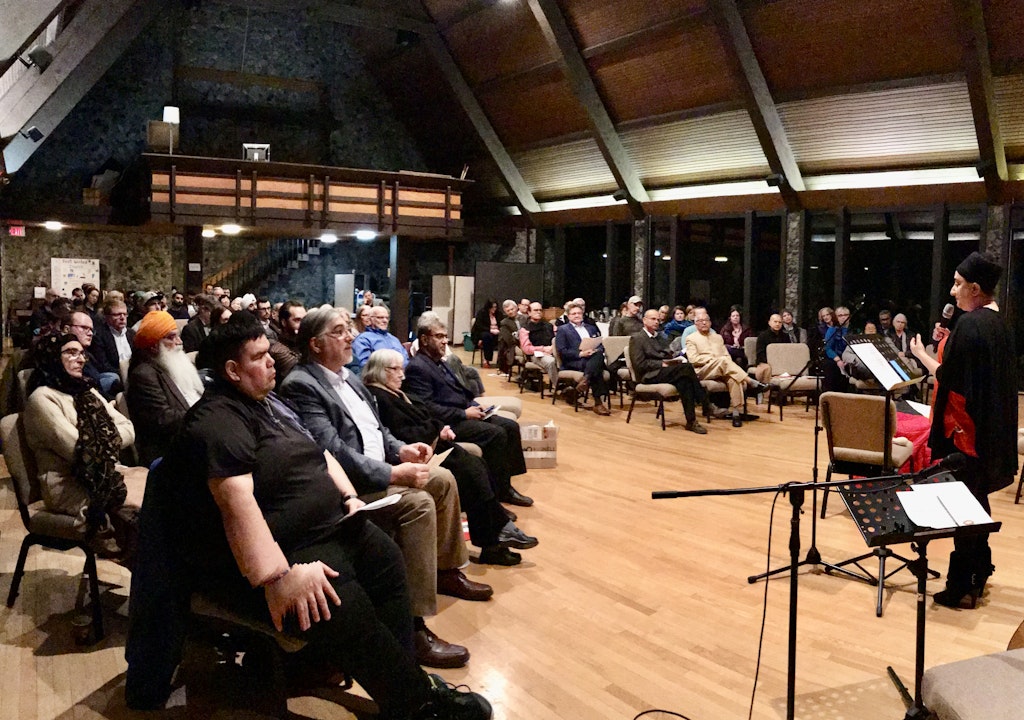Throughout history, leaders have emerged, shaping destinies and altering the trajectories of nations and peoples. As the world continues to grapple with complex challenges, the question arises: what enduring qualities should leaders embody to leave a lasting impact? By examining the teachings of the Baha’i Faith, we unveil a unique perspective that emphasizes moral integrity, unity, and the importance of service to humanity.
The teachings of Baha’u’llah, the founder of the Baha’i Faith, provide profound insights that transcend mere political leadership. They focus on spiritual and ethical dimensions that are critical for effective leadership. Baha’i principles advocate for actions grounded in justice, equity, and compassion. This perspective invites an exploration of historical figures who have exemplified these virtues and who might serve as archetypes for future leaders.
Consider the notion of leadership as a platform for service rather than a pursuit of power. The Baha’i teachings assert that true leadership is fundamentally about uplifting others, fostering community, and advocating for the common good. This view challenges traditional power dynamics, urging a reassessment of how influence is wielded. A playful question emerges: could the most impactful leaders in history have been those who worked selflessly for the welfare of humanity, rather than those who sought only their own ambitions?
In this context, figures such as Mahatma Gandhi, Martin Luther King Jr., and Nelson Mandela serve as poignant examples. Each of these leaders exemplified the Baha’i principle of service. Gandhi’s advocacy for non-violent civil resistance reflected a commitment to justice and social equity that resonates with the Baha’i call for the elimination of prejudice. King, through his visionary speeches and actions, embodied the quest for racial harmony and justice, echoing the Baha’i teachings that emphasize the oneness of humanity. Mandela’s transformation from prisoner to president exemplified forgiveness and reconciliation, embodying the Baha’i ideal of unity in diversity.
Delving deeper into the Baha’i viewpoint, leadership is inextricably linked to the concept of consultation—a process through which collective wisdom is harnessed to make decisions. This participatory approach contrasts sharply with hierarchical models that often lead to disempowerment and alienation. The Baha’i Faith encourages leaders to engage with their communities, promoting a spirit of collaboration and shared responsibility. This raises another intriguing inquiry: can the effectiveness of contemporary leaders be evaluated through their commitment to inclusive dialogue and collaborative action?
By examining the historical landscape of leadership through this lens, it becomes clear that many prominent leaders succeeded not solely due to their charisma or strategic prowess, but rather because they sincerely sought the welfare of their constituents. Baha’i teachings advocate for leaders to operate on principles of transparency and accountability. Leaders who embody these virtues not only inspire trust but also cultivate a culture of integrity within society.
Exploring the Baha’i perspective on leadership also involves an examination of the qualities that enable leaders to resonate with the aspirations of people across varying contexts. For instance, adaptability is crucial in an ever-changing world. History illustrates that leaders who can navigate tumultuous times with empathy and foresight are more likely to foster long-lasting change. Such adaptability aligns with the Baha’i principle of continuous learning and growth, urging leaders to evolve in response to societal needs and challenges.
Equally critical is the recognition that leaders must remain rooted in ethical principles while navigating the complexities of their roles. Courage, humility, and a sense of justice are indispensable traits that can guide leaders in making decisions that benefit the greater good. Baha’i teachings encourage a steadfast commitment to these values, even when faced with opposition or adversity. Considering this, one must ponder: how can contemporary leaders strengthen their ethical foundations amid a landscape fraught with challenges to moral clarity?
As we reflect on the legacy of influential leaders throughout history, it is vital to highlight the pivotal role of education in cultivating effective leadership. The Baha’i worldview posits that empowering individuals through knowledge and education is paramount to societal progress. This belief in the transformative power of learning underscores the responsibility of leaders not only to seek knowledge but also to disseminate it. Leaders ought to become facilitators of education, fostering an environment where every individual has the opportunity to develop their potential for leadership.
Moreover, a Baha’i perspective on leadership inspires a commitment to environmental stewardship. As global challenges such as climate change loom larger than ever, the responsibility of leaders extends to protecting the planet for future generations. Baha’i teachings advocate for the harmonious relationship between humanity and nature, calling for sustainable practices that reflect a profound respect for the interconnectedness of all life. This aspect prompts further contemplation: in the face of environmental degradation, how should leaders integrate sustainability into their strategic visions?
Finally, it’s essential to recognize that the collective action of individuals, rather than singular leadership, has led to transformative change throughout history. The Baha’i Faith promotes the idea that every individual has a role to play in the progress of society, challenging the notion that leadership is exclusive to a select few. In this way, the Baha’i teachings serve as a catalyst for a more inclusive understanding of leadership—one that recognizes the invaluable contributions of every person.
In conclusion, the Baha’i perspective on leadership offers invaluable insights that challenge conventional understandings of power and influence. By embracing principles rooted in service, consultation, ethical integrity, and education, leaders can transcend their roles as mere decision-makers to become agents of transformation. As we navigate an increasingly complex world, reflecting on the teachings of the Baha’i Faith may illuminate pathways to create a more just and united society, emphasizing that true leadership is characterized not by authority but by dedication to the betterment of humanity.
